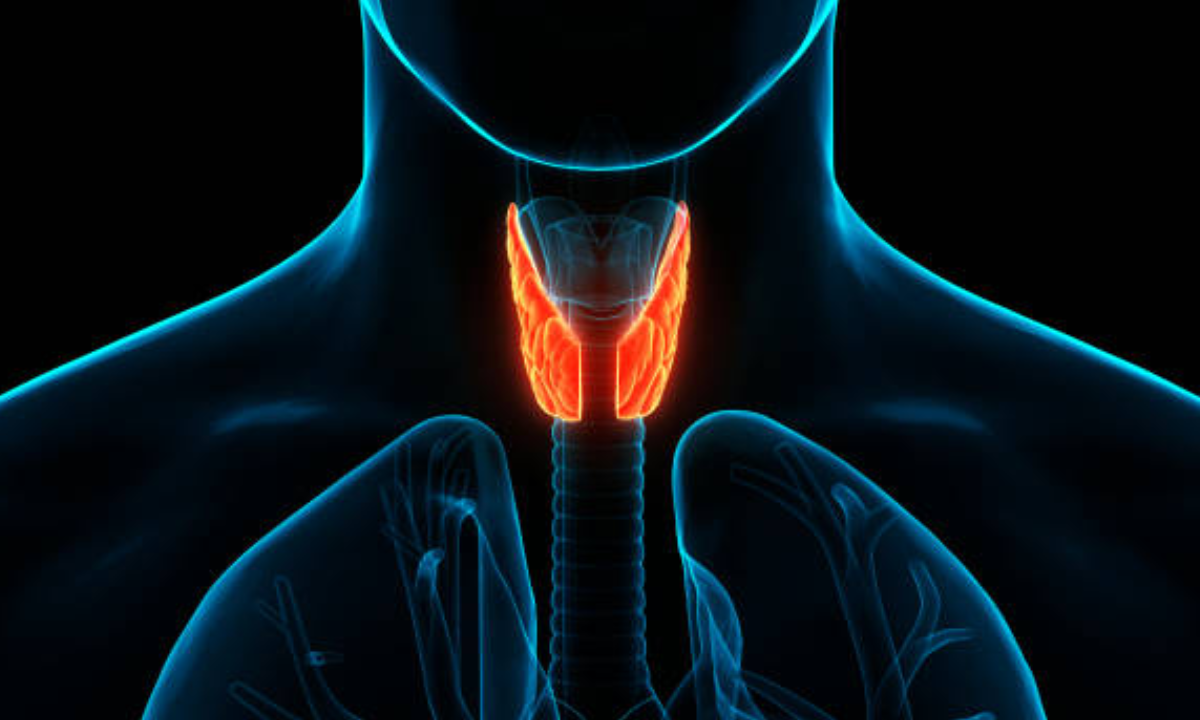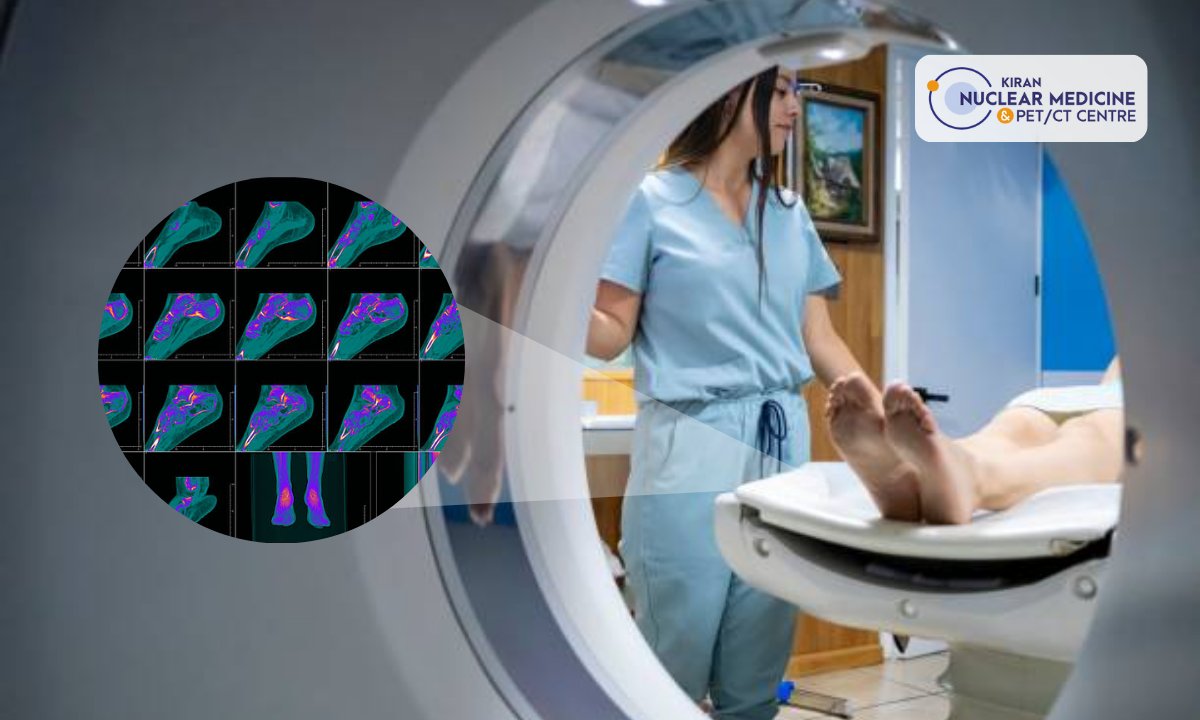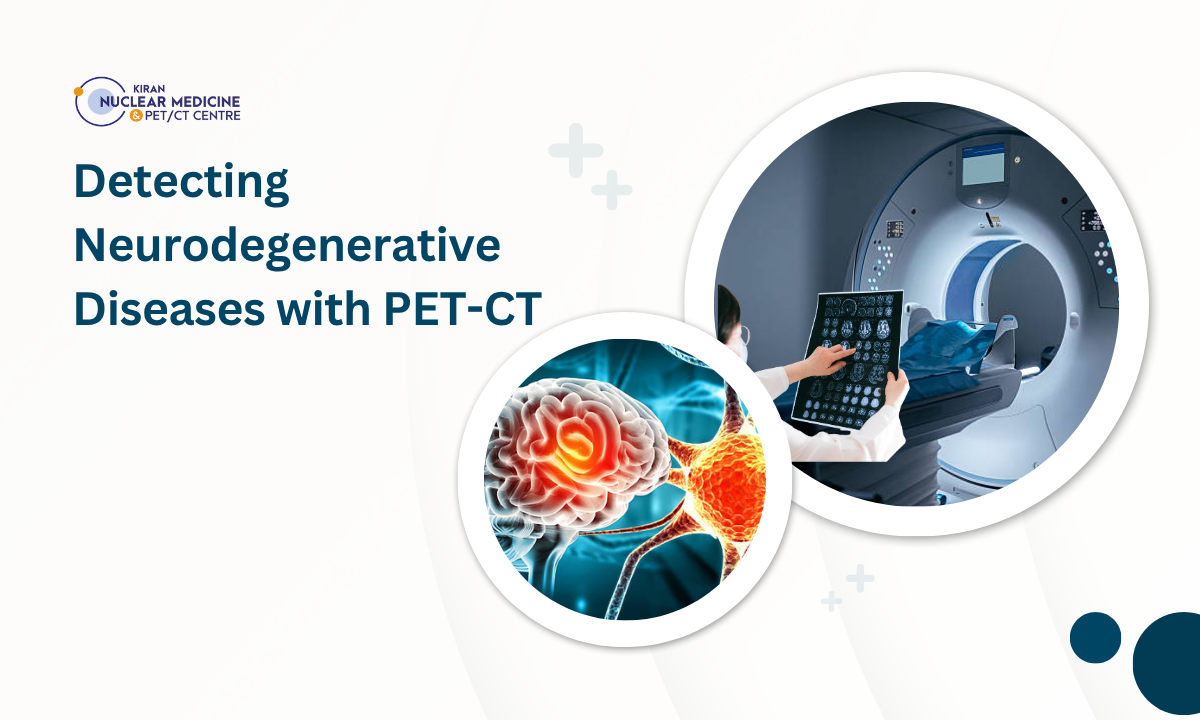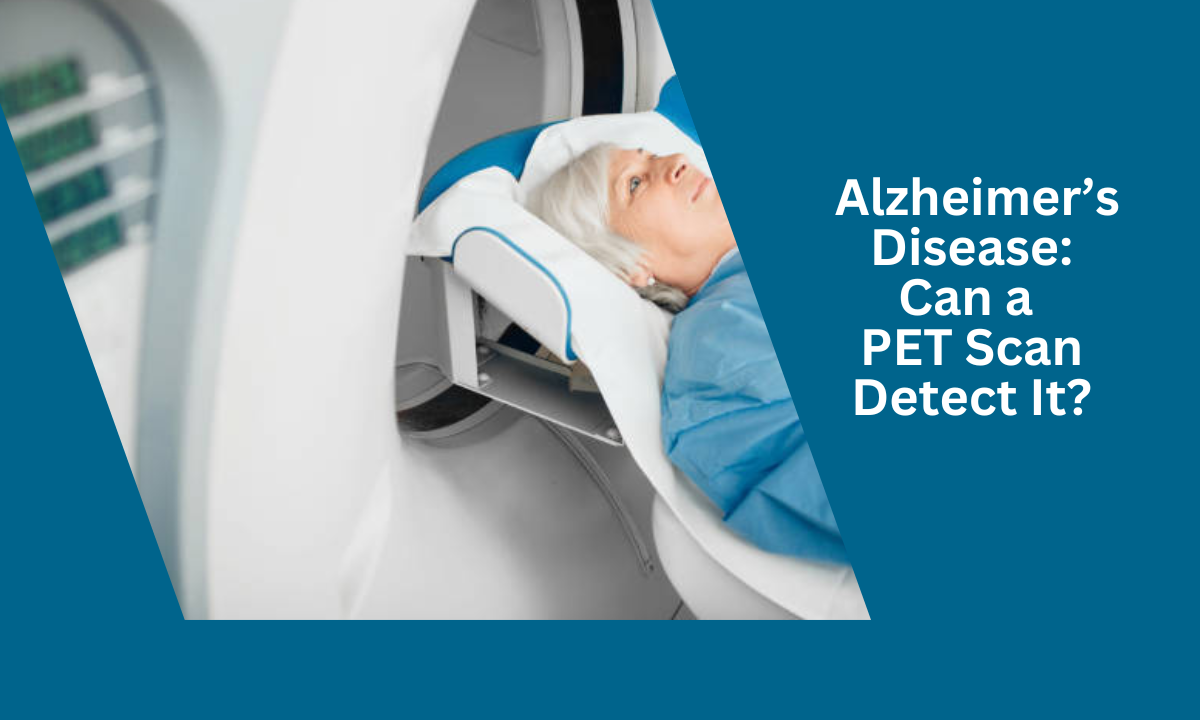Thyroid carcinoma is a disease of the thyroid glands, and hundreds of thousands of global fatalities occur every year. After all, with so many diagnoses and successful treatments, advanced states of the disease have reached a point where, even for the physician, treatment is critical when there are no curative possibilities anymore for the patient. The most important feature of symptom care for the condition is the quality-of-life improvement in the patient, and this is what palliation turns out to be. The treatment of advanced thyroid cancer by palliative treatment is not curative but rather seeks to minimize the pain and discomfort caused and the psychosocial burden of the disease. The treatment options, diagnostic aids like a PET CT scan, and the role of palliative care form an essential understanding for any patient and their caregiver undergoing this difficult journey.
We thus discuss the role of palliative care in the management of advanced thyroid carcinoma, including the significance of PET CT scans in early diagnosis and ongoing management, with a focus on major healthcare facilities like Bangalore. The discussion will involve a myriad of palliative treatment modalities such as surgery, radiation therapy, and pharmacological interventions coupled with a holistic approach to care in handling somatic, emotional, and psychological pain. We also bring out the focus that is being accorded to the improvement of the quality of life to the patient, relieving of the symptoms and an environment in support of patients and their families.
Advanced Thyroid Cancer What is Advanced Thyroid Cancer?

There are four types of thyroid cancer: papillary, follicular, medullary, and anaplastic. Most early-stage thyroid cancers can be cured, but advanced thyroid cancer occurs when the cancer has metastasized or spread to other parts of the body, such as the lungs or bones. Most of the advanced stages are diagnosed through imaging techniques such as PET CT scans that outline the spread and advancement of cancer.
PET CT Scan in Advanced Thyroid Cancer Management
A PET CT scan is highly effective in staging and ascertaining the spread of cancer in the body. For patients with thyroid cancer, especially at an advanced level, a PET CT scan plays an important role for
1. Metastasis Detection: It detects the spread of cancer to distant organs. Detection of metastasis is required in the decision-making process regarding its proper treatment.
2. Monitor Response: After radioactive iodine treatment or surgery, PET CT can monitor the response to the procedure.
3. Pre-planning for Palliative Care: In Bangalore, which has come up with healthcare facilities are well-equipped with advanced imaging diagnostic services, and PET CT pre-plans customized palliative care.
Advanced Thyroid Cancer: Palliative Surgery
Curative surgery is no longer an option; however, palliative surgery still holds a glimmer of hope for alleviating the symptoms of tumor growth. These include scenarios as follows:
- Airway Obstruction: The windpipe is blocked or makes one feel he/she is breathless because of the obstructive tumor. Relieve the obstruction with surgery
- Difficulty Swallowing-Tumors compress the esophagus to swallow. Relief this through surgical intervention.
- Bone Metastases: If carcinoma has metastasized to bone, palliative surgery supports the bone and thus helps in avoiding fractures.
Radiation therapy is the other major basis of palliative treatment in the management of advanced thyroid carcinoma. It is generally most appropriate once the thyroid carcinoma involves the bones, for example, causing pain or pathological fractures or any other organs like the brain or lungs. The purpose of this palliative irradiation is to shrink the tumor to its smallest size so that it can reduce symptoms like pain or pressure on the structures close to it. At times, radiation can even control bleeding resulting from large tumors. Improve quality of life, because it shrinks tumors, therefore, their interference with important organs will lessen. As such, the patient will have a generally better health condition.
There are many drugs designed to treat palliative care, in which all the symptoms of such advanced thyroid cancer are reduced to a minimum. These drugs mostly manage pain, nausea control, and other effects that bring upon the disease or disease management. Some pharmacologic interventions include the following:
1. Pain Management Opioids and other relief agents often are prescribed with drugs to control chronic pains by metastasis into body organs or bones.
2. Hormone Therapy: For patients whose thyroid either has been removed or is non-functional, hormone replacement thyroid therapy is important to watch metabolic processes.
3. Targeted Therapy: Tyrosine kinase inhibitors (TKIs) are drugs that have been employed to slow down certain forms of thyroid cancer, specifically when traditional treatments like radioactive iodine therapy are not of much use to the patient anymore.
The Psychological Component of Palliative Care
Not a cure for physical ailments alone, although in the case of patients suffering from advanced thyroid cancer. Advanced thyroid cancer patients also come with their own psychological and emotional weight. Mental health professionals are usually part of the palliative care team that may counsel them on how to cope with fear, anxiety, and depression associated with any form of cancer diagnosis and may also be involved in support groups because sharing experiences with other patients can be comforting.
Mind-Body Therapies: Inclusions of meditation, yoga, and breathing in the planning of palliative care so that patients may better cope with anxiety as well as cope better with their emotional well-being.
Holistic Care and Quality of Life
Palliative care focuses on not only the disease but also the patient himself. So for their patients, teams in palliative care unite the families of the patients in the following ways:
1. Nutritional Needs: The thyroid nature may interfere with metabolism and appetite. Nutrition support may be part of the cornerstone in maintaining strength and quality of life.
2. Physical Therapy: This may be recommended so the patients can remain as ambulatory as they can be, and avoid becoming extremely tired.
3. Spiritual Care: This would be an important element to most of the patients in dealing with the emotional destruction that advanced cancer gives.
There are several high-tech healthcare institutions in Bangalore offering complete cancer care services to patients. Thus, it is not very hard for patients to find the best palliative care. Early metastasis detection can be done with the help of diagnostic tools like PET CT scans in Bangalore and thereby guide the process of palliative care. Also, the medical infrastructure of the city supports various types of palliative treatments, such as advanced surgical options and holistic care approaches, so this is a key destination for cancer care.
Conclusion
Advanced thyroid cancer should be treated by providing relief to symptoms and ensuring a good quality of life in scenarios where curative options will not be available. It encompasses diagnosis and planning through treatment from PET CT scan usage to surgery, radiation, and even pharmacological intervention in the direction of focusing on care and holistic support of the patient. Since Bangalore has the latest options for palliative care with cutting-edge healthcare services, all the patients can henceforth receive compassionate and all-rounded care at every stage of cancer.
Kiranpet Nuclear Medicine & PET/CT Centre offers comprehensive medical imaging and diagnostic services, providing accurate and timely results to support patient care. Contact us today.







